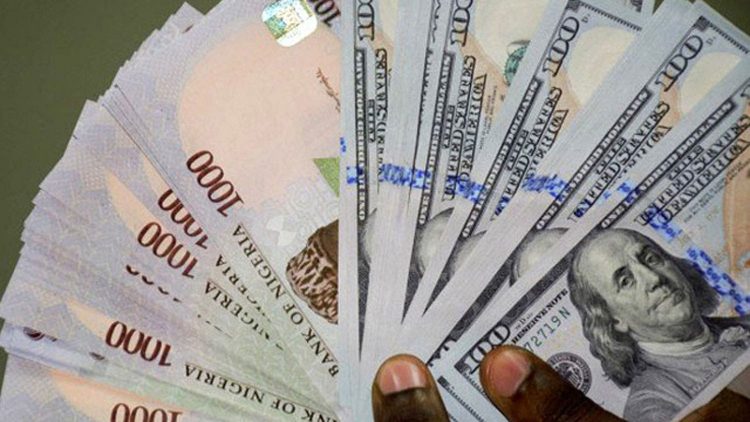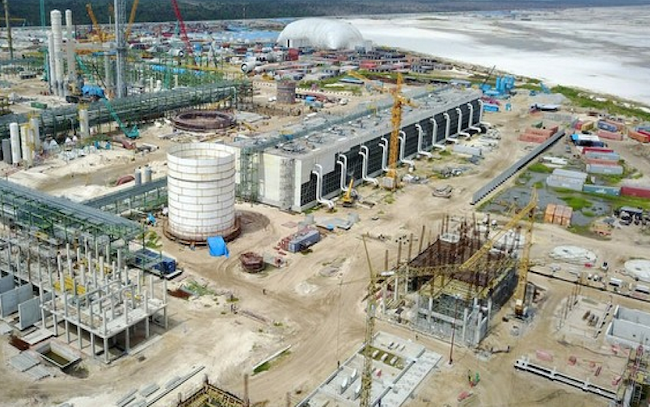The Nigerian economy is grappling with a significant challenge as the Naira, the national currency, has faced a substantial depreciation in the third quarter of 2023. Both official and unofficial data paint a concerning picture of the currency’s value and the broader economic stability.
Official data reveals that the official exchange rate at the end of Q3 stood at N755.27/$1, representing a noticeable drop from N769.25/$1 at the end of Q2. However, it is the parallel or “black” market where the real distressing situation unfolds. The exchange rate there plummeted from N770/$1 to an alarming N1000/$1 over the same period, marking a staggering 23% loss in value.
Simultaneously, Nigeria’s external reserves have decreased from $34.1 billion at the end of Q2 to $33.2 billion, raising further concerns about the country’s economic stability.
The widening gap between the official and unofficial exchange rates underscores the persistent scarcity of foreign exchange in the country. This scarcity is exacerbated by the divergent policies of the Central Bank of Nigeria (CBN) and market forces. The central bank has attributed the currency depreciation to a significant forex backlog, estimated to be between $6 billion to $10 billion.
During the recent Senate confirmation of the central bank governor, Yemi Cardoso acknowledged the issue of unsettled obligations and expressed the need to address it. He emphasized the urgency of verifying the authenticity and extent of these unsettled obligations to pave the way for a solution, as handling the foreign exchange situation is crucial for economic progress.
The depreciation of the Naira has had adverse effects on the Nigerian economy. It has increased the cost of imports, fueled inflation, eroded purchasing power, and discouraged investment. The inflation rate has surged to 25.8% in September, as reported by the National Bureau of Statistics (NBS).
Looking ahead, the outlook for the Naira remains bleak. Analysts anticipate further pressure on the currency in the fourth quarter of 2023. This situation is reminiscent of the sharp depreciation experienced in November 2022 after the central bank announced its currency redesign policy. To mitigate the situation and preserve dwindling external reserves, the CBN may have to consider devaluing the official exchange rate again.
However, there is a potential solution to this issue. Nairametrics analysts suggest that a further devaluation might be avoided if the central bank can meet its obligations to clear the forex backlogs. Achieving this goal might require the government to seek new loans from friendly countries.
Without such intervention, experts with a cautious outlook suggest that the parallel market rate may breach N1100/$1 by December. This is due to increasing demand for dollars in anticipation of the festive season and a new wave of Nigerians seeking to leave the country, known as “Japa,” in the new year.
In conclusion, the depreciation of the Naira and the challenges in the foreign exchange market pose significant economic concerns for Nigeria. Addressing these issues will be vital to stabilize the currency, control inflation, and encourage investment in the nation’s economy.


















